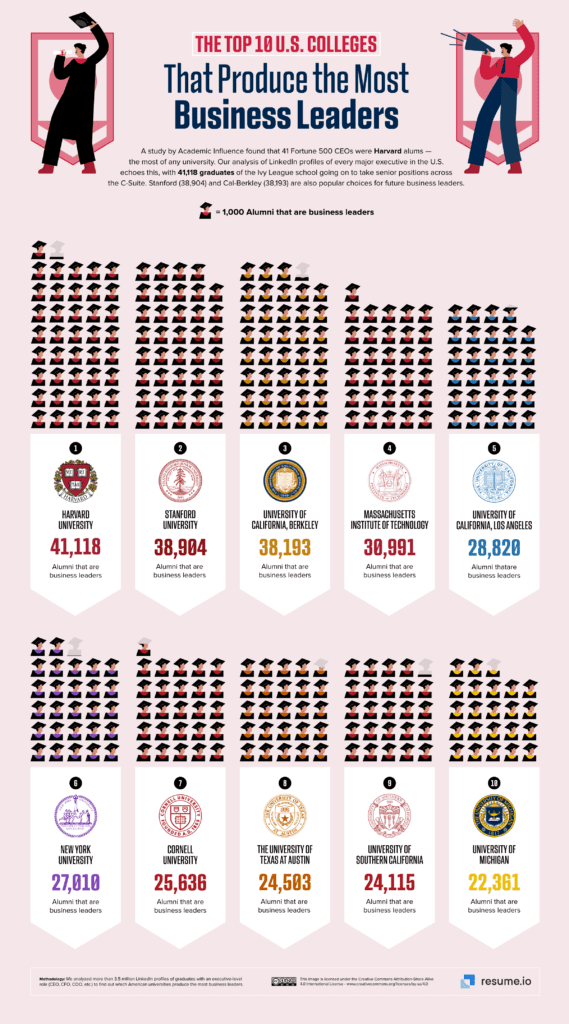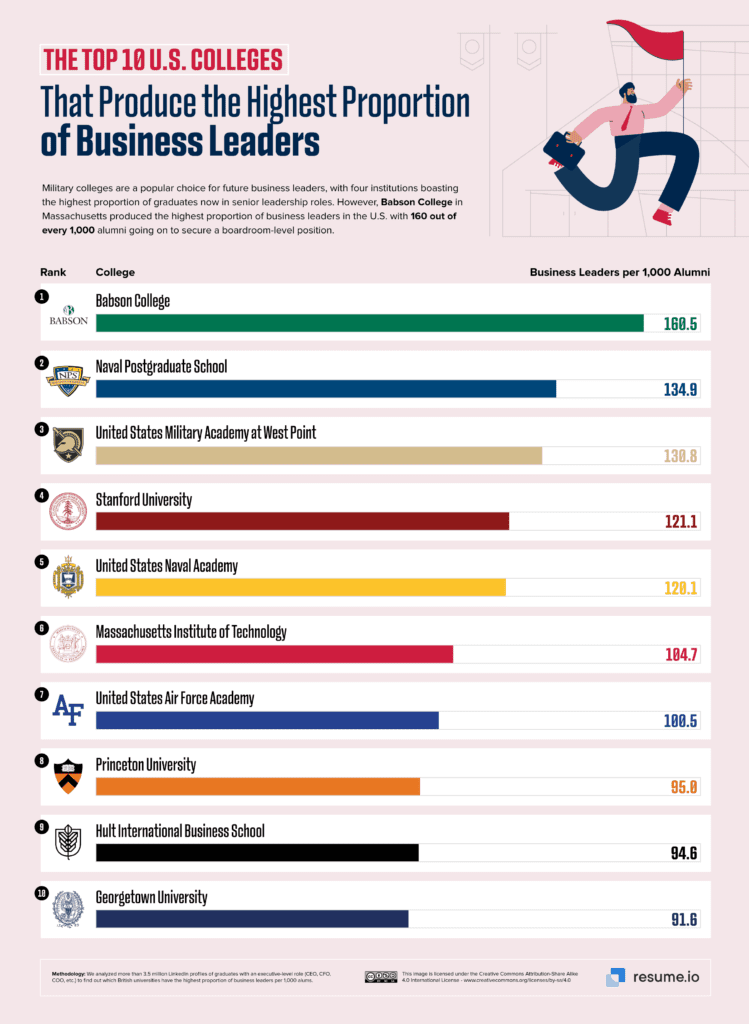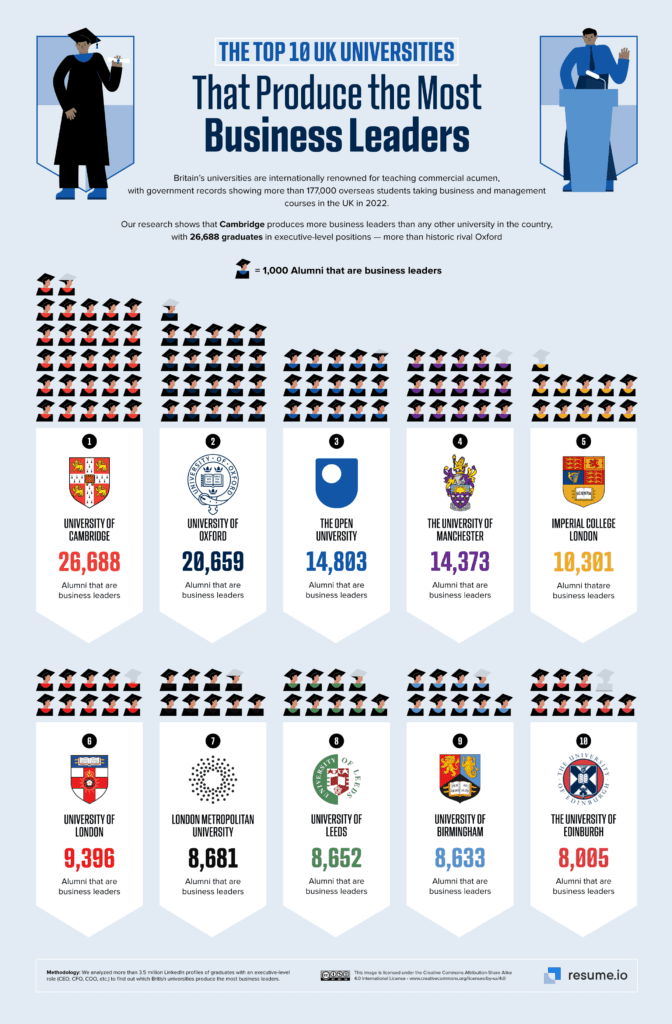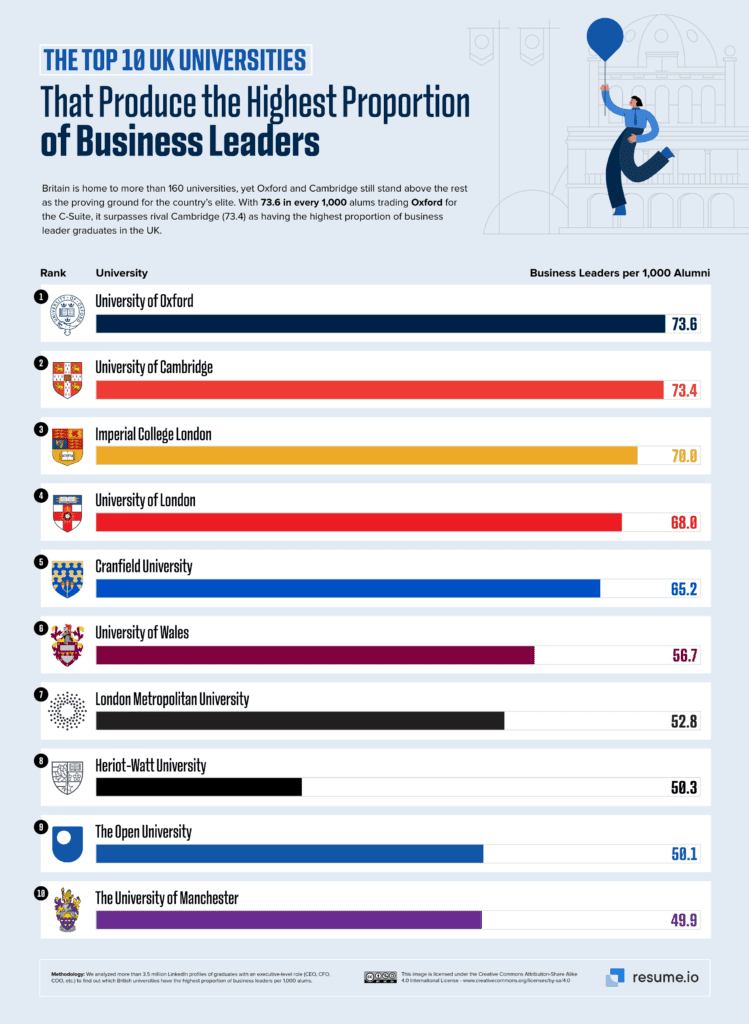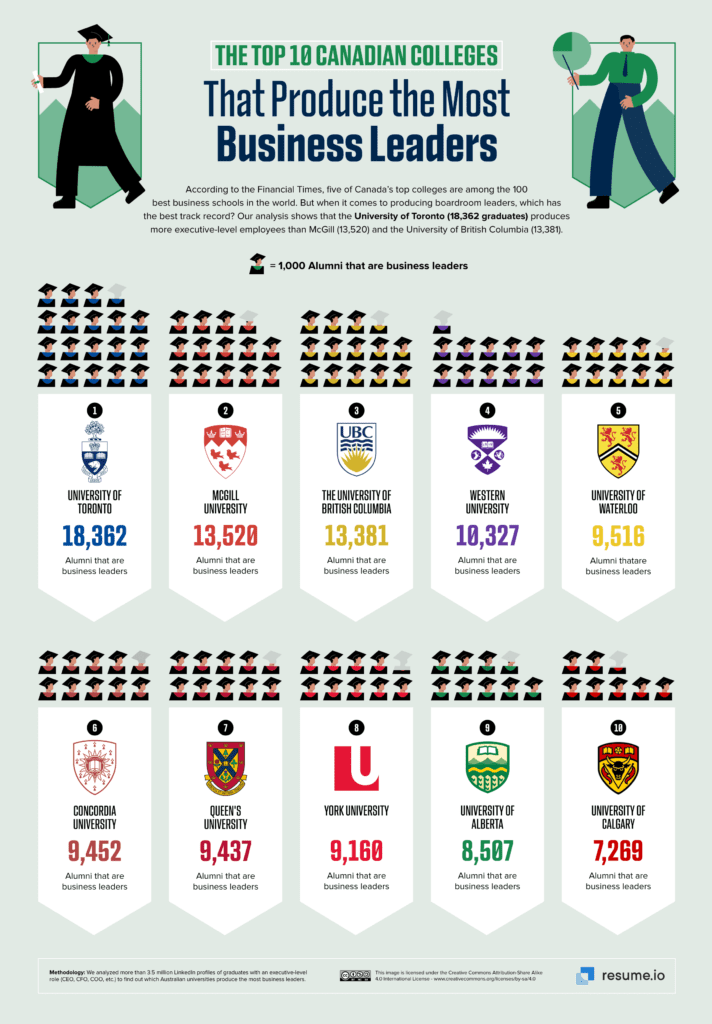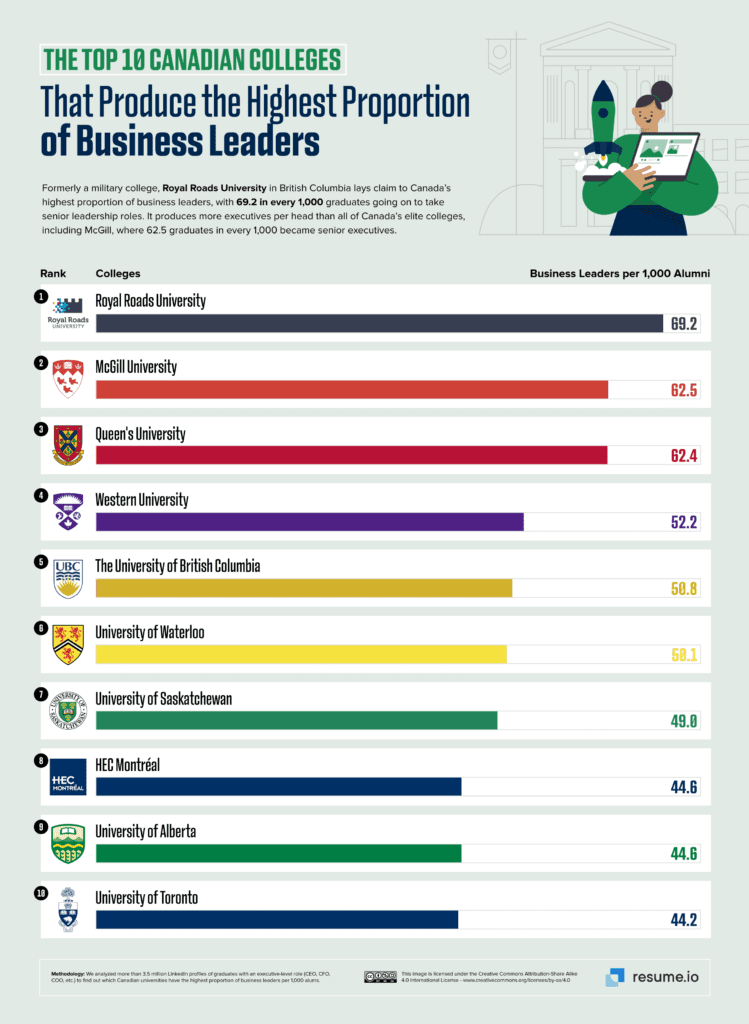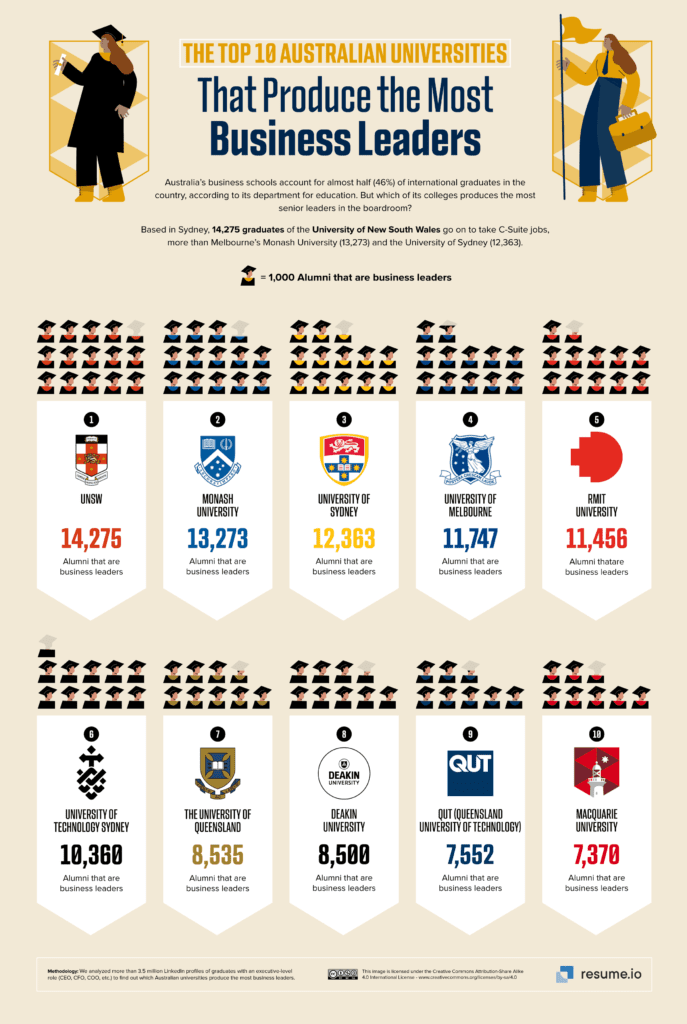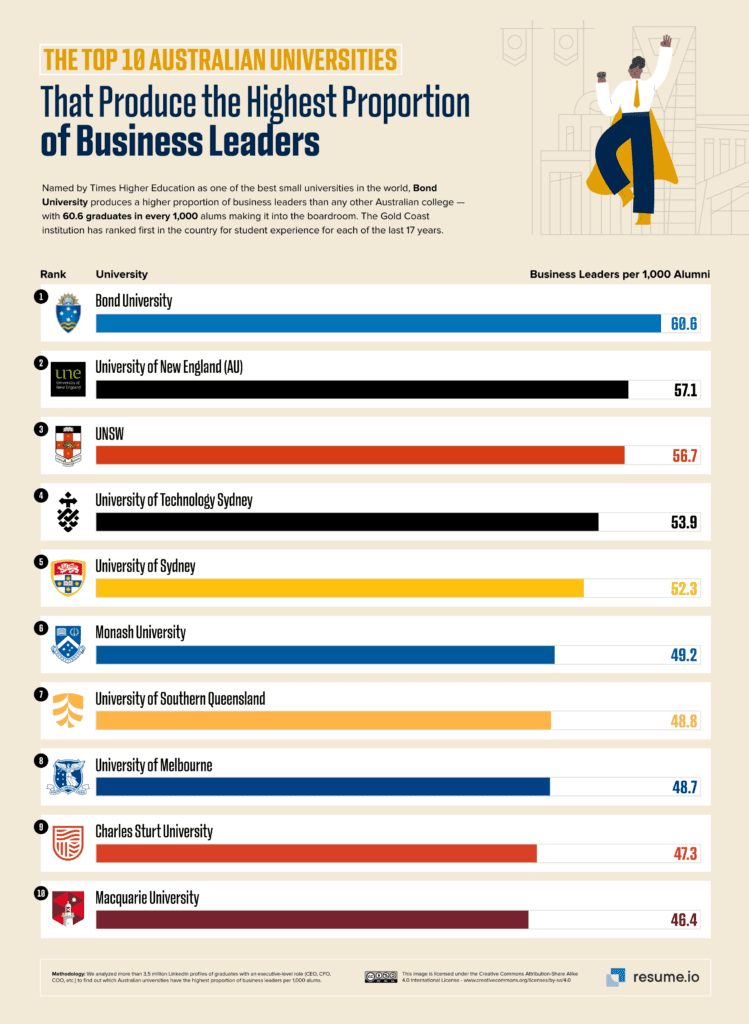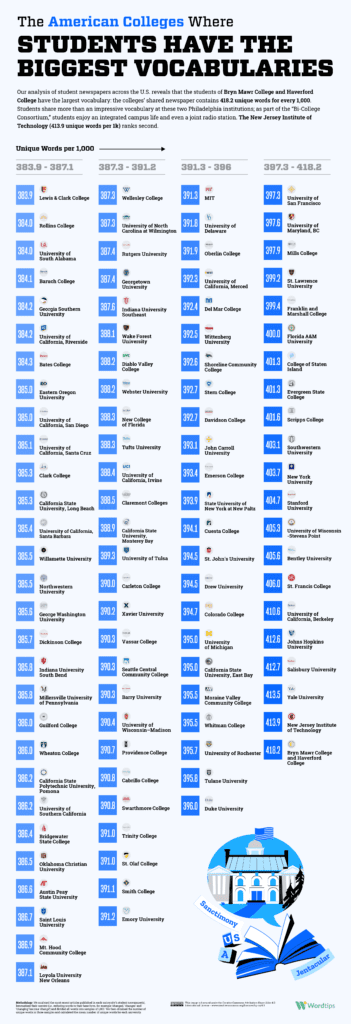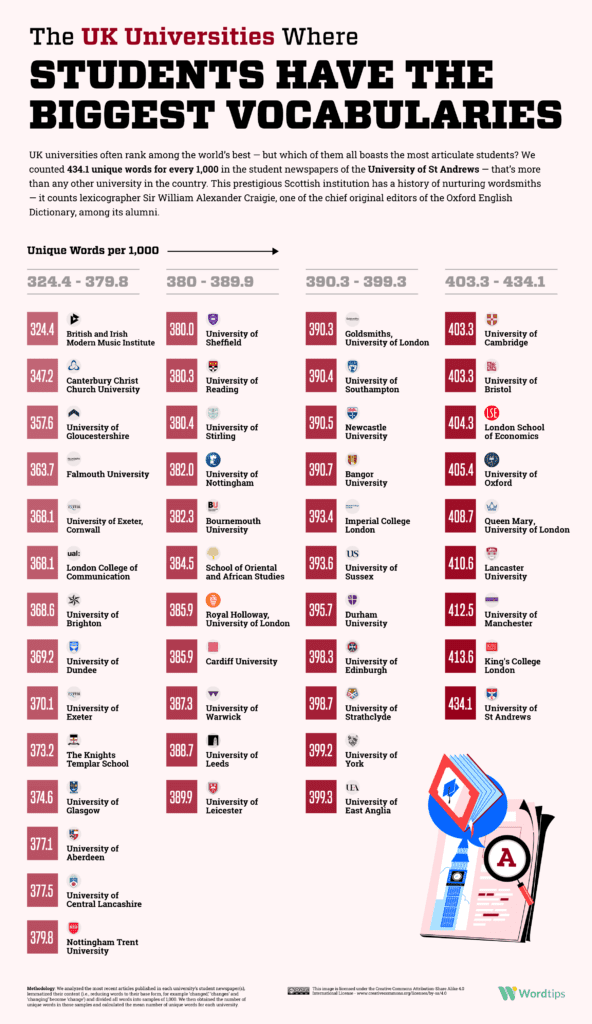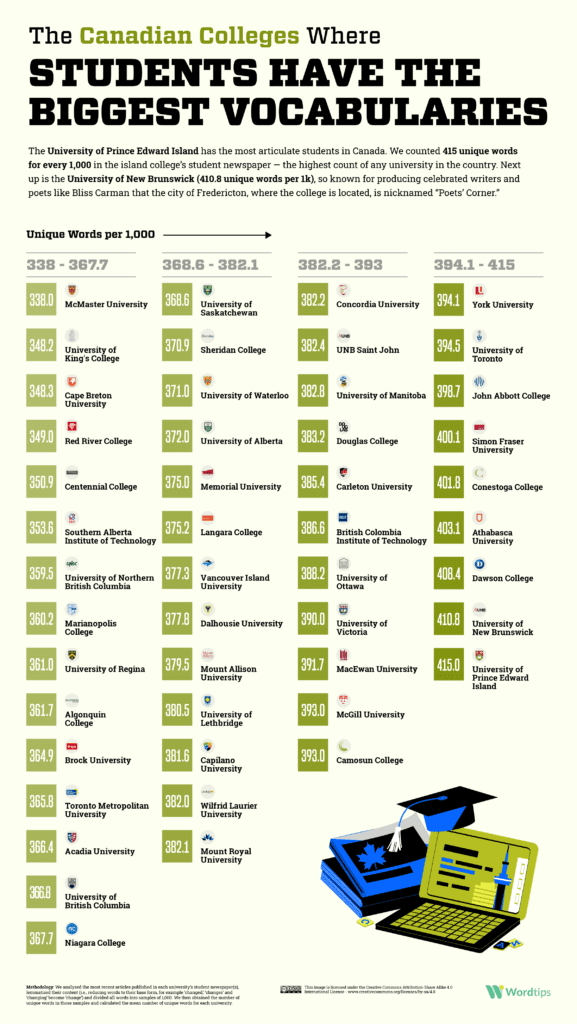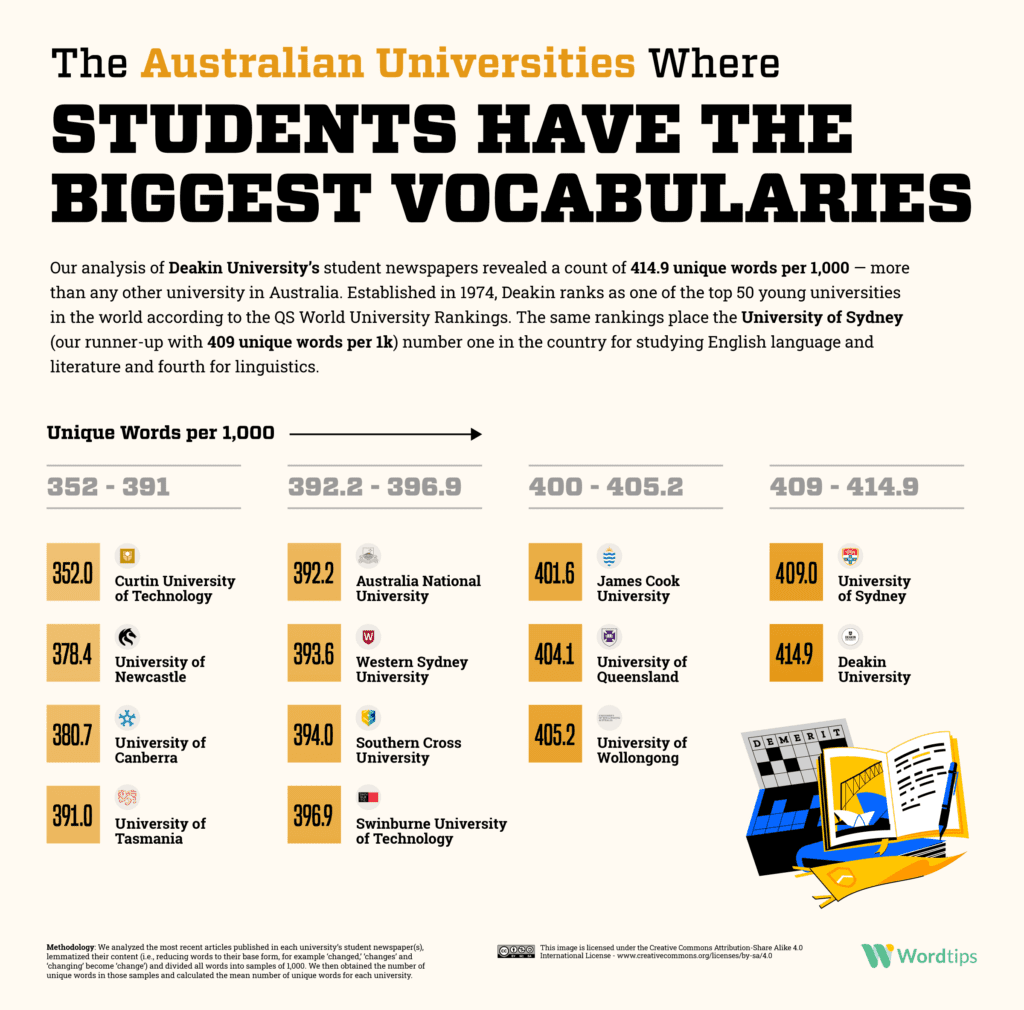Are you considering studying abroad but worried about managing your finances in a foreign country? One way to gain financial independence and make the most of your international experience is by getting a part-time job while studying abroad. Not only can it help you cover your expenses, but it can also provide you with valuable opportunities for cultural immersion, professional development, and personal growth.
However, navigating the job market in a foreign country may seem daunting, with different labor laws, work permit requirements, and cultural norms to consider. In this article, we will explore practical tips on how to secure a part-time job while studying abroad. From researching local regulations to prioritizing academics and personal well-being, we will provide you with insights and recommendations to make the most out of your part-time job experience while studying abroad.
The benefits of a part-time job while studying abroad is gaining practical skills, international work experience, improving language proficiency, building a global network, enhancing employability, managing finances, cultural immersion, personal growth, and creating lasting memories for a well-rounded study abroad experience. In this article, we will explore “How to get a part-time job while studying abroad? and provide a guide to working part-time.
Types of Part-Time Jobs While Studying Abroad
When studying abroad, students often seek part-time jobs to enhance their experience and support themselves financially. There are various types of part-time jobs available. These opportunities can provide students with valuable skills, real-world experience, and a chance to immerse themselves in the local culture while studying abroad.
Here are some popular part-time job options for students while studying abroad:
On-campus jobs: These are jobs available within the university or educational institution where you are studying, such as working in the library, administrative office, cafeteria, or as a teaching, research assistant, or social media manager.
Off-campus jobs: These are jobs available outside the university or educational institution, such as working in local businesses, Freelance writers, restaurants, retail stores, and booksellers.
Online jobs: These are jobs that can be done remotely online, such as freelancing, virtual internships, content creation, tutoring, or online customer service.
Internships: These are opportunities to gain professional experience in your field of study, either paid or unpaid, through internships with local companies, organizations, or NGOs.
The availability of part-time jobs may vary depending on local regulations, language proficiency, and cultural norms of the host country. Always check and comply with local laws and regulations related to part-time work while studying abroad.
Benefits
Studying abroad is an enriching experience that offers opportunities for personal, academic, and professional growth. Taking up a part-time job while studying abroad can further enhance this experience, providing several benefits for international students.
Firstly, a part-time job allows you to gain practical skills and real-world experience that can complement your coursework. Skills such as time management, communication, teamwork, problem-solving, and adaptability are highly transferable and can enhance your employability in the future.
Secondly, working part-time in a foreign country provides you with international work experience, which can be a valuable addition to your resume. It demonstrates your ability to work in a multicultural environment, adapt to different work cultures, and effectively communicate with people from diverse backgrounds, setting you apart from other candidates in the job market.
Thirdly, having a part-time job can help improve your language proficiency, especially if you work in a non-English speaking country. This provides you with an opportunity to practice and enhance your language skills in a real-world setting, which can be beneficial if you are studying a foreign language or aiming to work in a language-specific field in the future.
Additionally, a part-time job can help you manage your finances while studying abroad, providing an additional source of income to support your living expenses, travel, or other personal expenses. This can reduce financial stress and enable you to make the most of your study abroad experience.
Furthermore, working part-time allows you to immerse yourself in the local culture and community, interact with locals, make friends, and gain insights into the local way of life. This cultural immersion can enrich your overall study abroad experience and provide you with a deeper understanding and appreciation of the host country’s culture and customs.
Lastly, having a part-time job while studying abroad can create lasting memories and meaningful experiences. It allows you to make connections with people from different backgrounds, learn about different work cultures, and explore the local community, creating lifelong memories that you can cherish.
Requirements
When considering working while studying abroad, it’s important to be aware of the requirements and regulations related to student visas, work permits, and eligibility to work in the host country. These requirements may vary depending on the country you are studying in and your citizenship status. Here are some common considerations:
- Student visa: You will need to have a valid student visa that allows you to work part-time or full-time while studying. The specific conditions and limitations for working on a student visa vary by country and may be subject to change, so it’s important to check with the local immigration authorities or your educational institution to understand the requirements.
- Enrollment in a recognized educational program: Typically, you must be enrolled in a recognized educational program, such as a university or language school, to be eligible to work while studying abroad. You may need to provide proof of enrollment, such as an acceptance letter or enrollment certificate, to your employer or local authorities.
- Work permits or other legal documents: In some countries, you may need to obtain a separate work permit or other legal documents in addition to your student visa in order to work while studying abroad. These requirements may vary depending on the type of work you plan to do, the number of hours you intend to work, and the duration of your study program. It’s important to research and comply with the local laws and regulations regarding working as a student.
- Language proficiency: Depending on the country and type of work, you may need to demonstrate proficiency in the local language or English, especially if you plan to work in a customer-facing role or a field that requires communication with local residents or clients.
- Academic progress: In some cases, your educational institution may require you to maintain a certain level of academic progress in order to be eligible to work while studying abroad. This could include meeting minimum GPA requirements or passing a certain number of credits each semester or term.
- Limited working hours: Many countries have restrictions on the number of hours that international students are allowed to work while studying abroad. It’s important to be aware of these limitations and not exceed them, as it could jeopardize your student visa status.
- Taxes and social security contributions: Depending on the country and type of work, you may be required to pay taxes and/or social security contributions on your earnings while working abroad. Make sure to understand your tax obligations and comply with local tax laws to avoid any legal issues.
How to Find Part-Time Jobs While Studying Abroad
When searching for part-time jobs while studying abroad, there are several avenues you can explore:
University career services: Many universities and educational institutions have career services offices that provide resources and assistance for students seeking employment. These offices may have job boards, career fairs, and workshops that can help you find part-time jobs relevant to your field of study or interests.
Online job boards: There are numerous online job boards that cater to part-time job seekers, including those studying abroad. These platforms allow you to search for part-time job opportunities in your host country, often filtering by location, industry, and job type. Popular online job boards include Indeed, LinkedIn, and local job portals specific to the country or region you are studying in.
Networking with locals: Networking can be a valuable tool in finding part-time jobs while studying abroad. Connecting with locals, such as professors, fellow students, or professionals in your field of study, can help you learn about job opportunities that may not be advertised publicly. Attend networking events, join relevant student clubs or organizations, and actively engage with the local community to expand your network and uncover potential job leads.
Social media platforms: Social media platforms can also be a useful resource for finding part-time jobs while studying abroad. Many employers and organizations post job openings on social media, so following relevant pages, groups, or hashtags related to your field of study or the local job market can help you discover job opportunities. Additionally, you can create a professional profile on platforms like LinkedIn to connect with potential employers and showcase your skills and experiences.
It’s important to be proactive and persistent in your job search efforts while studying abroad. Keep an eye out for job postings, leverage your network, and actively search for opportunities through various channels to increase your chances of finding a part-time job that aligns with your goals and interests.
Balancing Work and Study
Balancing work and study while studying abroad can be challenging, but it is possible to achieve success with careful planning and time management. Here are some tips for effectively balancing work and study:
- Understand your academic requirements: Familiarize yourself with your class schedules, assignments, exams, and other commitments before taking on a part-time job. Have a clear understanding of your workload and deadlines to avoid conflicts with your work schedule.
- Plan your work schedule in advance: Once you know your academic requirements, plan your work schedule accordingly. Choose a part-time job with flexible hours that can accommodate your classes and study time. Avoid overloading yourself with too many work hours that may impact your ability to focus on your studies.
- Communicate with your employer and professors: Communicate with both your employer and professors about your commitments. Inform your employer about your availability and any potential changes in your schedule due to academic requirements. Similarly, inform your professors about your work schedule and seek their guidance on managing your academic workload.
- Prioritize your tasks: Effective time management is crucial when balancing work and study. Prioritize your tasks based on their deadlines and importance. Create a schedule or to-do list to keep track of your assignments, exams, work shifts, and other commitments. Allocate specific time slots for studying, working, and leisure activities to ensure a balanced approach.
- Take care of yourself: Balancing work and study can be demanding, so prioritize your physical and mental health. Get enough sleep, eat healthily, exercise regularly, and practice stress-management techniques. Take breaks and avoid overloading yourself with too many responsibilities.
- Seek support when needed: Don’t hesitate to seek support when needed. Reach out to your professors, academic advisors, or other students for guidance and assistance. If you’re feeling overwhelmed, talk to someone you trust, whether it’s a friend, family member, or mental health professional.
- Stay organized and disciplined: Being organized and disciplined is key to successfully balancing work and study. Keep track of your assignments, exams, work shifts, and other commitments in a planner or digital calendar. Create a study schedule and stick to it. Avoid procrastination and stay focused on your tasks.
Balancing work and study while studying abroad requires careful planning, effective time management, and good communication skills. By prioritizing your tasks, seeking support when needed, and taking care of yourself, you can successfully manage both your work and academic commitments and make the most out of your study abroad experience.
Conclusion
To recap, having a part-time job while studying abroad can offer several advantages. It can provide financial independence, cultural immersion, professional development, time management skills, and personal growth. It allows students to manage their expenses, immerse in the local culture, gain work experience, develop essential skills, and grow as individuals. However, it is crucial to carefully consider individual circumstances, including academic workload, visa regulations, and personal well-being, before committing to a part-time job.
Prioritizing academics and well-being, understanding local labor laws and work permit requirements, and seeking guidance from relevant authorities is essential. Overall, a part-time job can enhance the study abroad experience and contribute to a well-rounded education.
SEE ALSO: Six Considerations to See if Studying Abroad is Right for You








